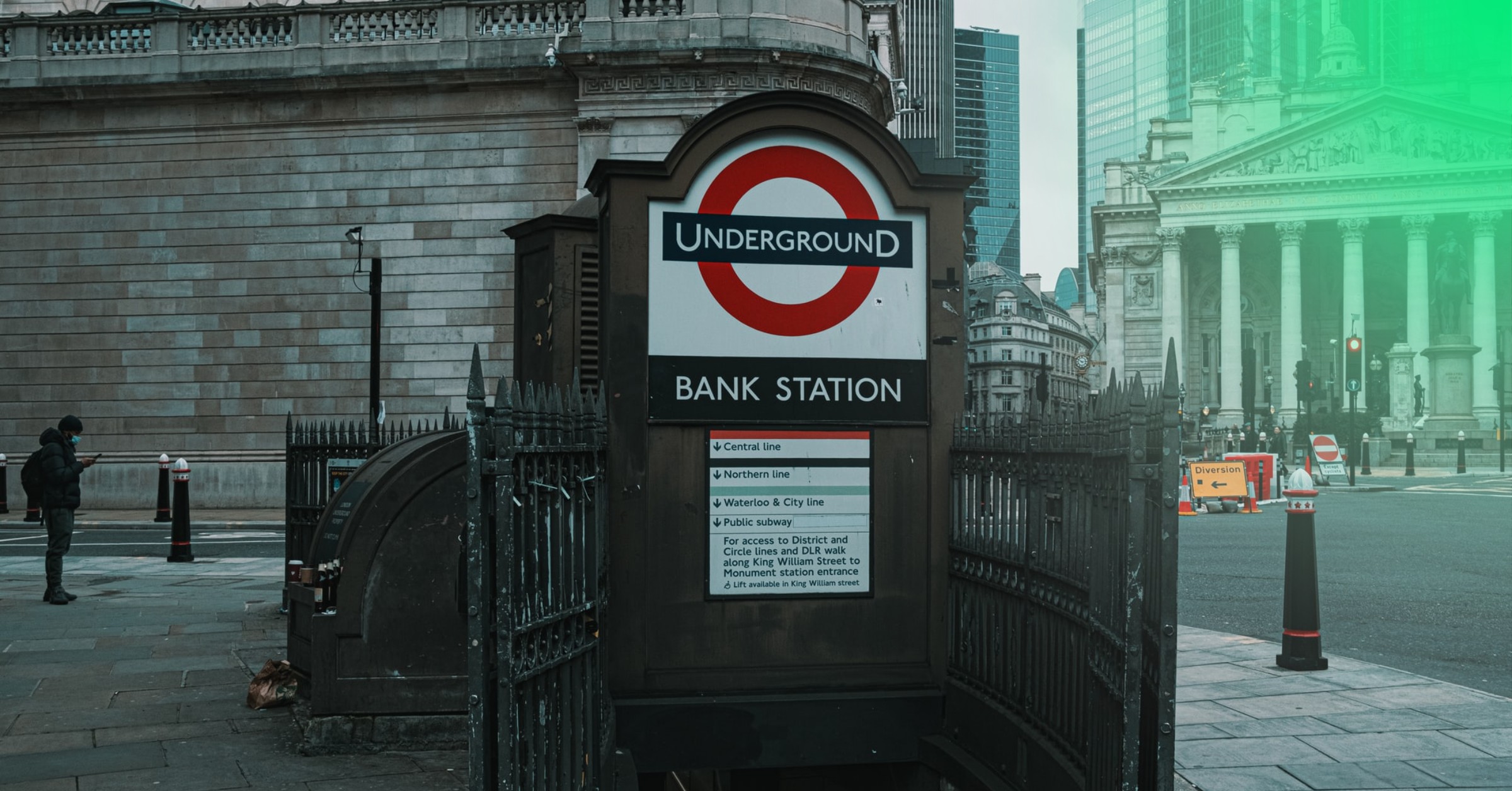The question of how vulnerable Britain’s property market is to money laundering conducted via the property market has been raised by a series of revelations emerging this week, known as the Pandora Papers.
A BBC-led investigation has revealed the secret owners of more than 1,500 UK properties, including high-profile figures such as Sir Philip Green, sanctioned Russian oligarch Mikhail Gutseriev, and Ukrainian billionaire Gennadiy Bogolyubov, who is being investigated by the FBI in a fraud case.
Sir Philip Green and his wife invested in a number of properties at a time when his Arcadia business empire was crumbling. The tycoon has already been embroiled in a controversy about the sale and collapse of BHS, which led to him reaching an agreement to pay £363 million to help bail out its pension fund.
With more and more revelations emerging, questions have been asked about the regulation of such property ownership, with past government pledges to create a register of beneficial ownership of UK property not yet being met. Indeed, the government recently raised its own risk assessment of money laundering in the sector from “medium” to “high”.
Labour MP Dame Margaret Hodge told the BBC it was a “scandal” that the proposed legislation had not come forth, although the government did pledge to do so again in this year’s G7 meeting, which, combined with the Pandora revelations, may prompt the bill to come forth sooner.
In the meantime, firms may look for anti-money laundering solutions that include the capacity to detect the misuse of money in this fashion.
Among the latest revelations is the case of one firm set up to provide an offshore investment services vehicle that was accused of failing to comply with anti-money laundering rules by the Monetary Authority of Singapore.
The Guardian, which worked with the BBC and others on the investigation, noted that the papers revealed the authority had criticized Singapore-based Asiacity for shortcomings involving transactions worth £52 million involving two Russian businessmen with close links to the country’s president Vladimir Putin.
As well as not managing to establish where the money came from, Asiaciti was criticized for a failure to establish the “appropriate tone, risk appetite and compliance culture for the company”.
However, the paper said it was not in a position to verify some allegations against one of the Russians that Asiaciti was itself unable to substantiate. For this reason, it did not detail what these were.
Many umbrella bodies might now wish to see if any member organizations have fallen short in their anti-money laundering duties, including banks.
Law firms are already set to come under scrutiny, with the Law Gazette reporting that the Solicitors’ Regulation Authority is keen to see the Pandora Papers released to establish if any of its members acted outside the anti-money laundering regulations.
Among those facing questions is Farrer & Co, a law firm named in another Guardian report, this time concerning a corruption scheme involving a Nigerian politician accused of stealing billions of dollars from the state. Several other firms are also under suspicion.
Discussing the request for more information, an SRA spokesperson said: “If there is evidence of potential misconduct, we consider any next steps.”
To find out more about Eastnets AI-Enabled solutions to fight money laundering.






